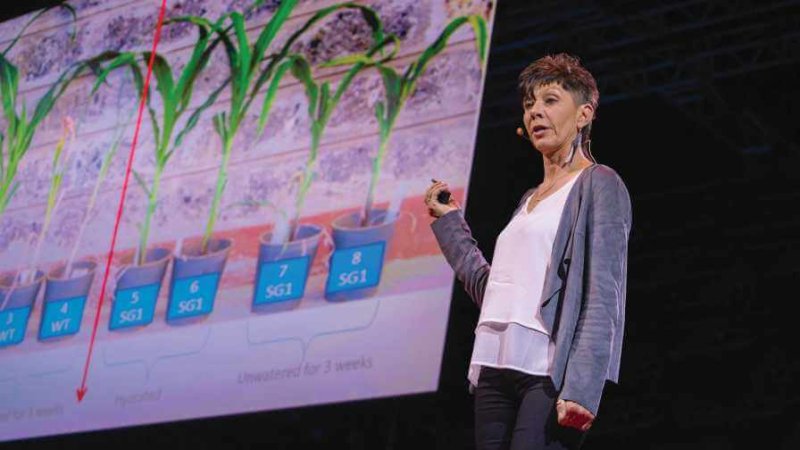The well-known TED Talks is a clearinghouse of big thinkers and big ideas, and quite a few of them have focused on agriculture and food production over the years.
Engineering Drought Resistance
Jill Farrant, a Professor of molecular and cell biology at University of Cape Town, South Africa, is studying how ancient DNA can be turned on to help important food crops fight off drought. She and colleagues have been studying resurrection plants to achieve this goal. Resurrection plants are those that can undergo extreme drought without water for months or even years. Then when the next rain comes along within 12 to 48 hours the plants green up and start growing again.
Farrant’s “How We Can Make Plants Survive Without Water” TED Talk featured her research into how resurrection plants work and if those special characteristics could be transferred into other plants, especially food crops.
Robot Swarms
Vijay Kumar, Dean of the University of Pennsylvania’s School of Engineering and Applied Science, wowed his TED Talk audience with his presentation titled “The Future of Flying Robots.” His lab is developing autonomous flying robots that use onboard sensors, cameras, and laser scanners to map the environment it is in and avoid obstacles while navigating.
…
All agriculture-related TED Talks can be found at ted.com/topics/agriculture.
The GLP aggregated and excerpted this blog/article to reflect the diversity of news, opinion, and analysis. Read full, original post: TED Talks Take on Agriculture Innovation
For more background on the Genetic Literacy Project, read GLP on Wikipedia































